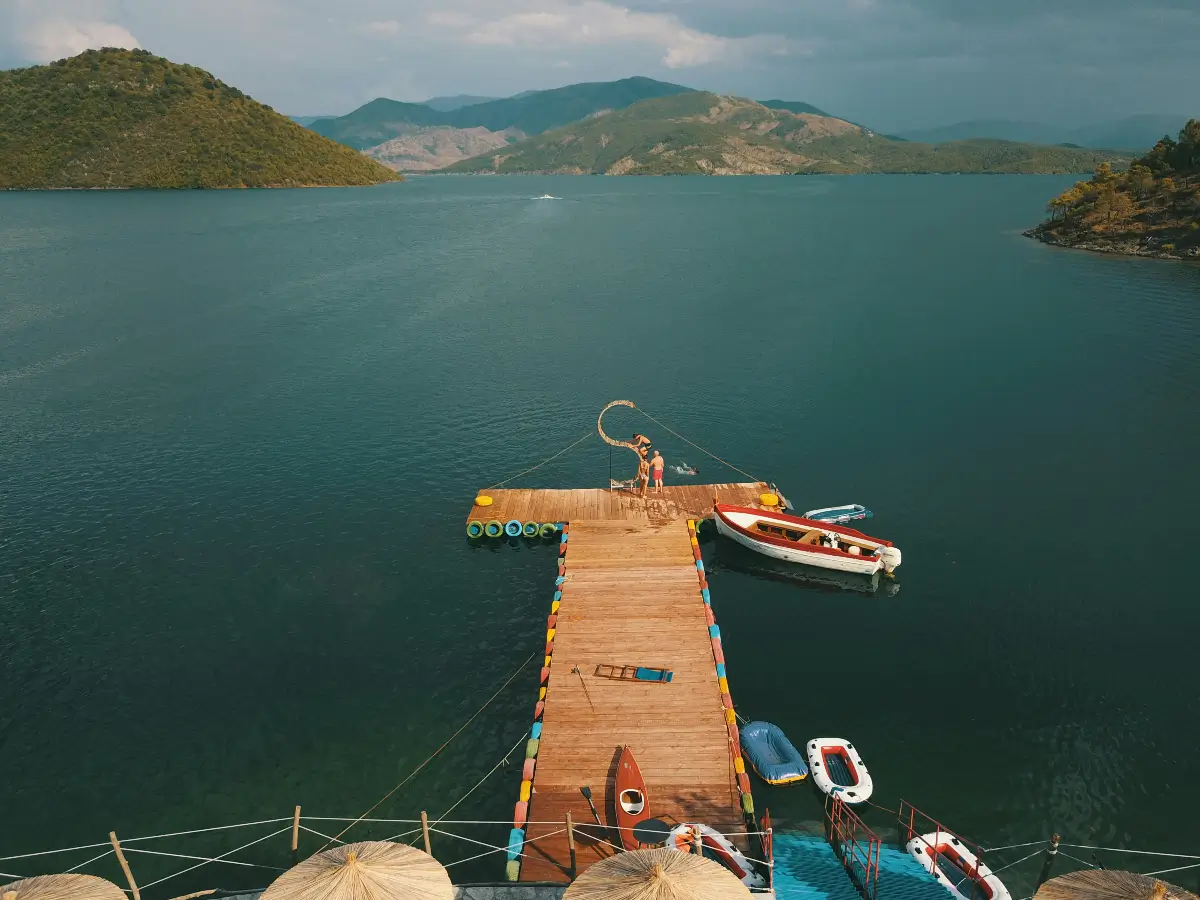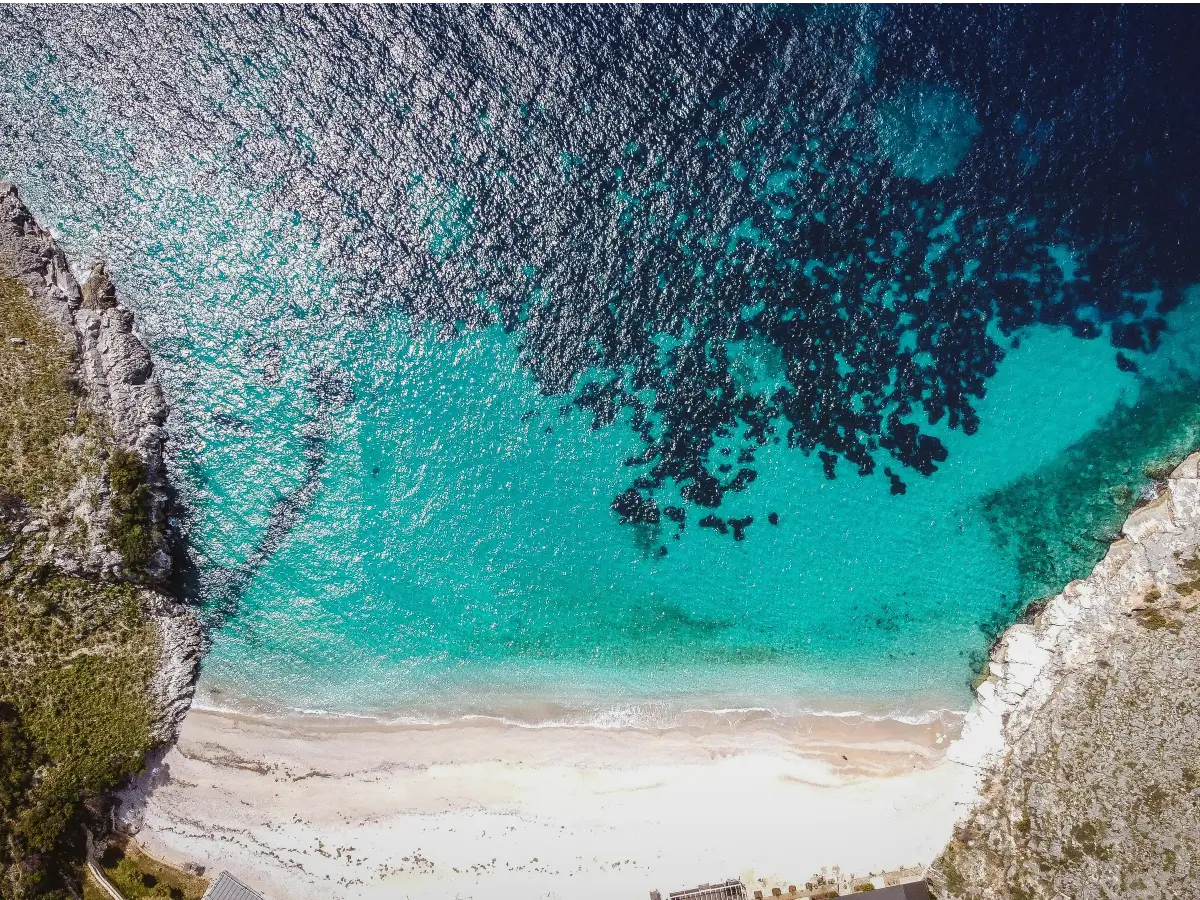Adding a swimming pool to a residential or hospitality property in Albania can increase its value and rental potential. But pools are not considered minor structures. They are treated as technical constructions under Albanian law and require formal approvals, documentation, and inspections. Whether you’re planning a private pool for a villa or a commercial one for a hotel, the process must be done legally — otherwise, it could block your usage permit, delay property registration, or even result in a demolition order.
Understanding the legal steps from the beginning helps avoid costly mistakes and ensures your pool is approved, registered, and fully usable.

Pools require a permit and must be part of an approved project
You cannot build a swimming pool in Albania without a construction permit. The pool must either be:
-
Included in the original building permit as part of the approved site layout
-
Added through a formal project modification request before or during construction
-
Submitted as a separate permit application if added to an existing property
The municipal planning office will review the pool’s technical drawings, structural safety, drainage, distance from boundaries, and integration with the main building. Pools are often rejected when placed too close to neighboring plots or if the site lacks adequate infrastructure to manage runoff, filtration, and safety access.
Design and construction must follow technical standards
Pools must be designed by a licensed engineer or architect and built by professionals familiar with Albanian construction law. The design must include:
-
Site plan showing pool placement, access paths, and distance from other structures
-
Structural calculations for depth, wall thickness, and reinforcement
-
Water filtration and drainage system design
-
Electrical safety for lighting or pumps
-
Protective barriers, fences, or pool covers (required in some municipalities)
If the pool is intended for public or commercial use, such as in a hotel, additional hygiene and safety standards apply — including water quality systems, signage, and accessibility features.

Final inspection and registration are required
Once the pool is built, it must be included in the final usage permit of the property. This means it will be inspected as part of the full site plan before the building is granted official approval for use. If the pool was not declared in the original permit or was added without legal documentation, it will be treated as an unauthorized structure.
Unauthorized pools cannot be registered, and they may block the usage permit for the entire property. In some cases, the municipality may issue a fine or order demolition if the pool violates zoning or safety rules.
Smart planning prevents legal issues
The best way to avoid problems is to plan the pool from the beginning. If you’re building a new villa or hospitality project, include the pool in the original architectural concept. This allows you to integrate pool access, technical rooms, filtration systems, and fencing into the full design, which will pass faster through the permit process.
If you’re adding a pool to an existing property, consult a local architect and request a project modification. Never begin excavation or construction before receiving legal approval — even if the work seems small.